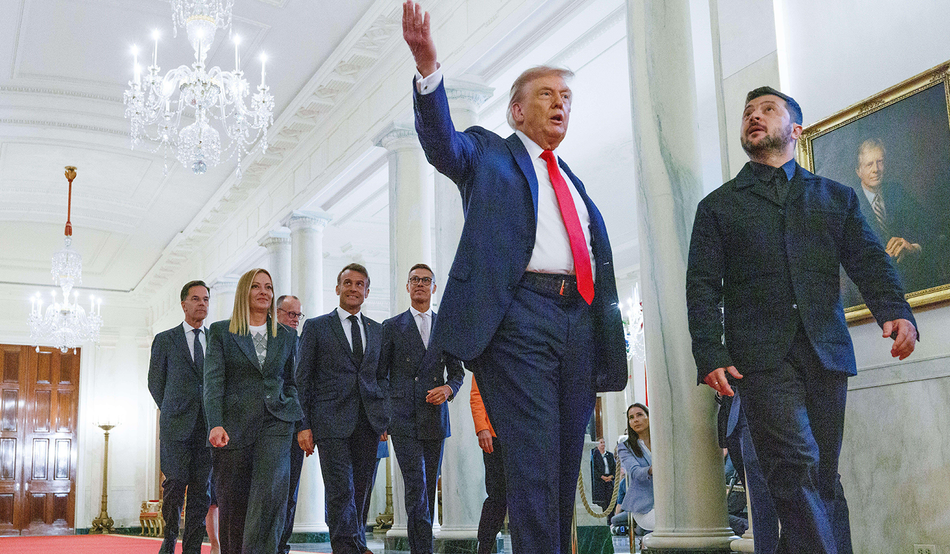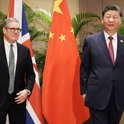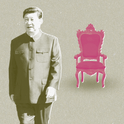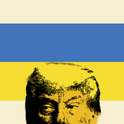Europe is just about compensating for Trump’s increasingly brazen attempts to sell Ukraine out to Putin. Monday’s theatrics in the White House suggest that there probably won’t be a Ukrainian peace settlement in the immediate future, because Europe has so far refused to abandon Kyiv.
If there isn’t a deal, the outcome will depend on who has greater political and military resilience: Ukraine and the Europeans, or Putin and his war machine. In that contest there are too many variables to predict a result—one of the key variables being Trump’s stance when he fails to appease Putin.
For Putin could not have been clearer in Alaska about his intention. He will continue his war unless Trump forces Zelensky and his European allies to surrender. He would not agree to a ceasefire before any negotiations. His further territorial demands—a heavily fortified 6,600 square kilometre stretch of undefeated Donbas, with a peacetime population of 6.5m—were outrageous, and could not politically be agreed by any independent Ukrainian government.
The Russian dictator didn’t shift on the issue of post-conflict security arrangements either. While accepting that there would be “security guarantees”, he continues to rule out Nato membership for the rump Ukraine, or the deployment of any European forces, the two things most likely to dissuade a future Russian attack. He is also calculating that Trump won’t make the United States commit to any hard security guarantees. Outside the Nato framework, “article 5-like guarantees” for Ukraine are meaningless, unless the US commits to military action in the event of a Russian attack, as it does within Nato.
Trump appears to have been thrown by Putin’s failure in Alaska to make any concessions, and by his apparent lack of interest in an alliance. Hence the US president’s uncharacteristic 48 hours of quiet after the summit, before he decided to try and persuade Zelensky in Washington to engage with Putin even on these surrender terms. His Sunday evening Truth Social post—“President Zelenskyy of Ukraine can end the war with Russia almost immediately, if he wants to, or he can continue to fight”— was a new low even in his appeasement of the Russian dictator.
However, Europe’s leaders made the key move. In an impressive mid-August display of activity and resolve, they not only swung behind Zelensky in rejecting the Alaska terms, but manoeuvred themselves into Monday’s White House summit and then turned up en masse to support the Ukrainian leader. They did all this couched in language of extreme servility to Trump, which is the way that America’s allies—Zelensky now included—have learned is essential to nudge the great narcissist in their direction.
Why did Trump agree to see European leaders en masse? Partly, I think, because of their apparent servility, which he hopes may soon become a readiness to comply. The very spectacle of so many presidents and prime ministers desperately traipsing to the court of King Donald flattered his ego and greatly impressed the Maga media.
I suspect Trump also knows that he can’t sign away parts of Ukraine without European acquiescence. The combination of Ukrainian resilience, European support for Zelensky and a Maga sensitivity to excessive appeasement of Putin would make such a betrayal impossible. Instead he clearly hopes that he may succeed in urging Zelensky and the Europeans to appease Putin themselves, particularly if Russia makes military gains in the field.
So here we are, one summit after another, with huge diplomatic and political activity but no real change—apart from Europe stepping up as the US withdraws practical support for Ukraine. And behind it all, Putin, a tyrant “in blood / Stepp’d in so far that, should I wade no more, / Returning were as tedious as go o’er”.













